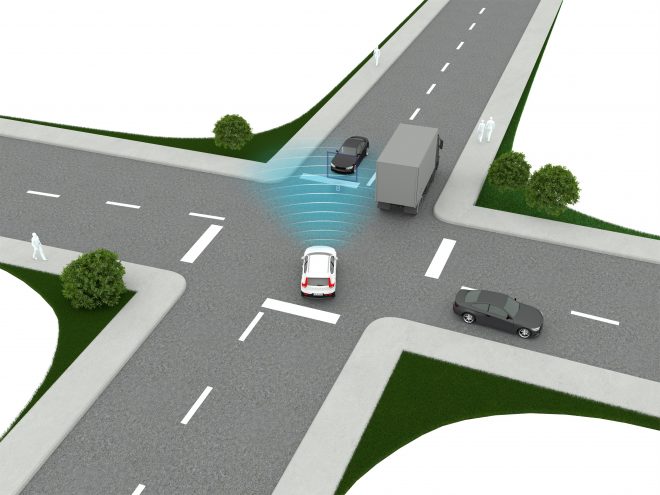
Tips to Be a Safer Driver
The moment we get behind the wheel, we become responsible for the lives and safety of ourselves, our passengers, and everyone around us. This doesn’t have to be a daunting process! No matter what your experience is on the road, these simple tips will help you become a safer driver.
Be Mindful of Your Driving Habits
The worst enemy of your safe driving habits is inattentiveness. Here are some ways to keep yourself mindful of your driving habits.
● Do a Safety Check Before You Drive. At a minimum, make sure seatbelts are on, turning signals and lights work, mirrors and seats are adjusted, windows are clear, and tires are in good shape.
● Review your driving records every couple of years to see what is graded and what you need to improve on.
● If you are a new driver with a contract with parents/guardians, review the contract at least once a month to make sure you are following all your promises.
● Ask a responsible driver you trust to ride along and give you an honest review. Another pair of eyes will be quick to notice the bad driving habits that creep in.
Get Acquainted with Your Vehicle ● Learn where everything is. Avoid fumbling and taking your eyes off the road at a critical moment. Know what all the buttons on the dashboard do. Know where the defroster is if the windows suddenly fog up. Know when and how to engage extra features like all-wheel drive, cruise control, and rearview cameras. The more you know, the faster you can utilize what you need and when you need it.
● Review the manual. The car manufacturer handbook should be in your glove compartment. Review it regularly to know the best oil for the engine, the ideal tire pressure, and all of the less obvious features built into it.
● Keep up with maintenance. Don’t let an ignored issue burst into a big problem on the road. Take your car in for fluid and engine checks as recommended in your owner’s manual. Have your tires checked, balanced, and rotated on schedule. If there is an odd noise or you smell a fluid leak, take it in to have the issue checked fast.
Accounting for any temporary or permanent health factors is an important part of being a safe driver. Here are a few common things to consider.● Poor vision while driving is a dangerous safety risk. Schedule regular eye exams to make sure your vision is as good as it can be on the road. If you are required to wear corrective lenses while driving, make sure to do so. If you struggle to see in bad weather or while driving at night, avoid doing so. If you are suffering from temporary eye strain, follow your eye doctor’s recommendations for driving.
● Height and Weight. Make sure you adjust the steering wheel and seat so that you can clearly see the road, turn to check your blind spots, and keep control of the steering wheel at all times.
● Medications. Allergy medications, muscle relaxers, opioids, some prescription painkillers, anti-anxiety pills, and other medications can have negative side effects for driving. Review all your medications and be mindful of how they affect you. You may need to time them to avoid driving risks or have someone drive you in certain time frames.
● Injuries. It might feel like you ‘have’ to drive with stitches in your hand, an arm or leg cast, a shoulder injury, or a swollen knee. However, injuries like these impair your control of the vehicle, making you a danger to yourself, other drivers, and pedestrians. Know who you can call for an assist when your control of the vehicle is compromised.
Don’t stop studying after you get your license or permit. We tend to forget details over time. Driving laws change year to year. We start letting bad habits creep in. We might not even realize some of our habits are risky driving behaviors.
Take a refresher test every 1-2 years to brush up on your safe driving skills and fix any bad habits that slipped in. It will also help refresh your learning for conditions you don’t see every day like wicked weather, jaywalkers, and sudden road obstructions.
Also, refresh your knowledge by reading the latest driver’s manual every year. That way you will be up to date with any changes to your state laws. If you go on a road trip or an out-of-state vacation, make sure to brush up on each state or country’s driving laws as well. If you are pulled over, you will be judged and fined on the local driving laws, not where you got your license.










Nice post. Thanks for posting. Looking for more auto part services, Visit Apa Engineering